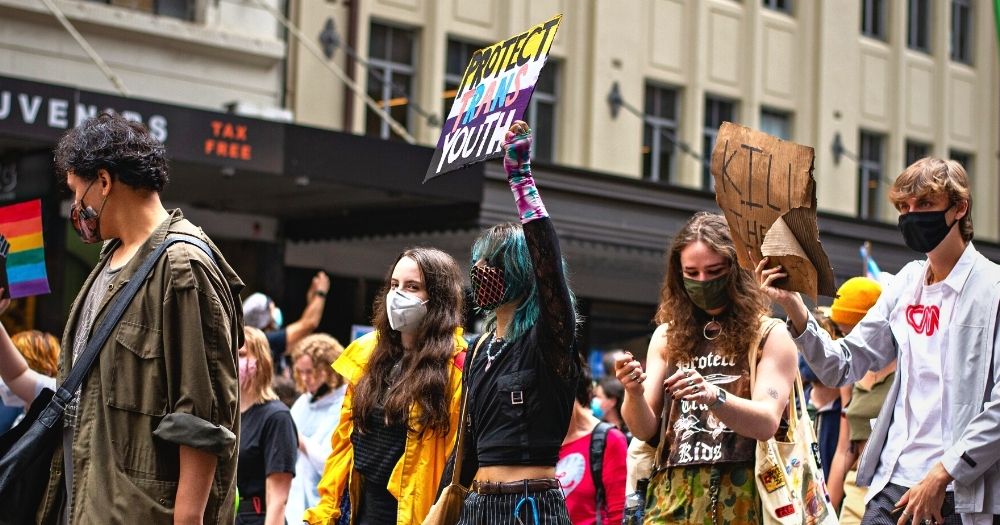Earlier this week in Spain, the Cabinet approved a new gender recognition bill that has been in the works over the past 18 months. Although the bill must now pass through the Parliament in order to become law, Equality Minister Irene Montero said, “this is a historic day after more than 15 years without any legislative progress”.
A major reason why the bill took over a year to be finalised is due to conflicts between two parties, Partido Socialista Obrero Español (PSOE) and Unidas Podemos. According to the EuroWeekly News, PSOE opposed the inclusion of self-determination without considering some form of “legal guarantee”. Therefore, they decided to add new measures to the bill, including the requirement to reaffirm the request for a change of sex three months after it was granted. Further changes can happen as Parliament reviews the bill.
The new gender recognition bill would allow a Trans person to update their gender-related information without taking hormones or undergoing surgery. This is a significant step forward, considering that the current legislation requires two years of hormonal treatment or a medical document stating the patient suffers from gender dysphoria.
Furthermore, the bill also covers the rights of Trans children. Under the legislation, those over 16 years old will be able to change their gender-related information without parental permission, while those between 12 and 15 years old will be able to do so by receiving authorisation from either the parents or a judge. Even though children under 12 will not be allowed to change their legal gender, the bill does allow them to change their legal name.
Big news for trans people out of Spain! Spain just drafted a new law that will allow trans youth there to change their legal gender freely at 16 years old without parental permission. For all the talk about how TERFs are taking over Europe, they are not succeeding in Spain. pic.twitter.com/FyyT2tGRlW
— Erin Reed (@ErinInTheMorn) June 27, 2022
Any child in Spain who decides to change their legal name is protected under the bill which requires schools to use their chosen name rather than their registered name.
Another aspect of the new Spanish gender recognition bill that should be noted is that it also covers immigrants whose “rights are not guaranteed in their home countries”. This means they can change their legal gender-related information in their Spanish documentation if they wish to do so.
Irene Montero, the Equality Minister, said that “the lives of LGTBI and Transgender people do not need any cure”. Therefore, conversion therapy will be banned and considered a severe administrative offence.
The bill also encompasses other LGBTQ+ rights, such as assuring access to assisted human reproduction services for the queer community and recognising lesbian and bisexual couples as a child’s parents without requiring them to be previously married.
?️??️⚧️ Aprobamos en #CMin el Anteproyecto de Ley para la Igualdad real y efectiva de las personas trans y para la garantía de los derechos LGTBI.
?? #OrgulloDePaís porque damos un paso más para que la #LeyTransLGTBI sea una realidad.
? Hilo con las principales medidas ⤵️ pic.twitter.com/m9MvwuQbcY
— Dirección General Derechos LGTBI+ (@LGTBIGob) June 27, 2022
When the bill passes, Spain will join Ireland on the list of countries that permit gender self-recognition without a medical diagnosis.
© 2022 GCN (Gay Community News). All rights reserved.
Support GCN
GCN is a free, vital resource for Ireland’s LGBTQ+ community since 1988.
GCN is a trading name of National LGBT Federation CLG, a registered charity - Charity Number: 20034580.
GCN relies on the generous support of the community and allies to sustain the crucial work that we do. Producing GCN is costly, and, in an industry which has been hugely impacted by rising costs, we need your support to help sustain and grow this vital resource.
Supporting GCN for as little as €1.99 per month will help us continue our work as Ireland’s free, independent LGBTQ+ media.
